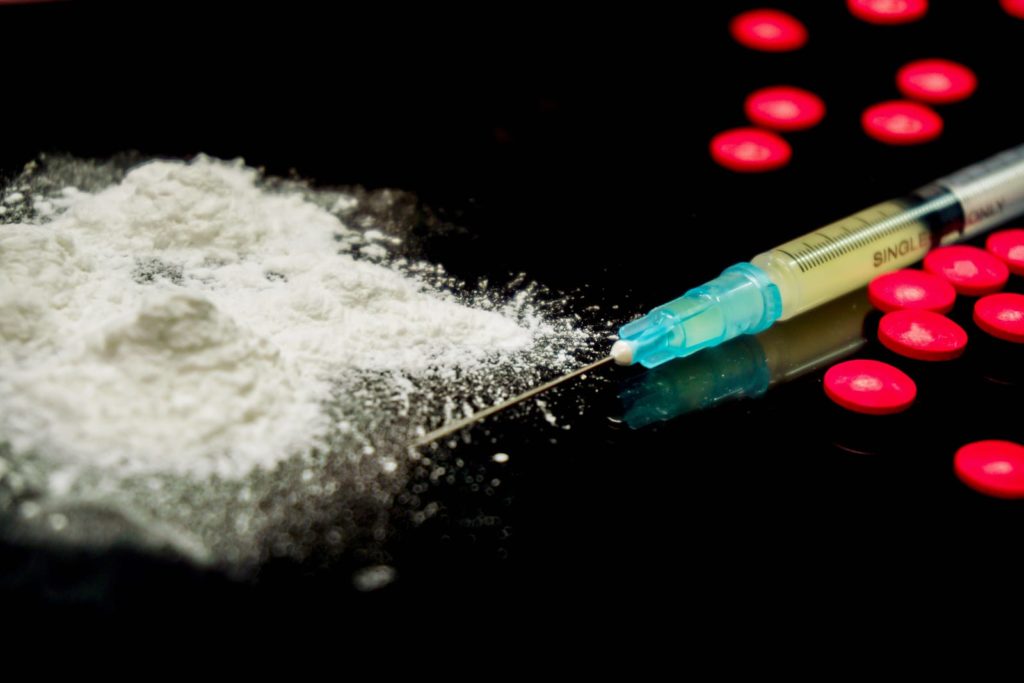Serotonin syndrome is the medical term for a damaging, potentially fatal condition that occurs when the brain contains too much of a chemical called serotonin. The brain relies on serotonin for mood stabilization; the body requires serotonin for maintenance of intestinal health and other essential tasks. People who use or abuse amphetamine or amphetamine-based medications or drugs increase their risks for developing serotonin syndrome. However, people who follow their prescriptions endanger themselves only when they simultaneously use other medications that also boost their brain’s serotonin levels.
The Basics
Serotonin-producing cells are found in several areas in the body, including the intestines, spinal cord, brain, and a gland situated within the brain called the pineal gland. The chemical is also found in blood components called platelets, which help give blood its ability to clot. Like a variety of body chemicals, serotonin plays multiple roles that vary according to its specific location. In the brain and spinal cord, it functions as a neurotransmitter by carrying some of the chemical signals that make coordinated nerve cell (neuron) activity a possibility. In the intestines, it functions as a hormone by supplying the chemical commands required for ongoing organ control. In its role as a neurotransmitter, serotonin helps keep the mood at a stable medium between mania and depression. Lack of adequate brain levels of serotonin can trigger depression, while excessive brain levels can trigger mania.
Serotonin Syndrome
In addition to producing mania, excessive serotonin levels in the brain can lead to the development of serotonin syndrome. This situation occurs when the presence of unaccustomed amounts of serotonin overexcite the brain’s neurons and provoke unsustainable spikes in neuron activity. When relatively low degrees of overexcitement are present, potential symptoms of the syndrome include confusion, restlessness, pupil dilation, a rapid heartbeat, headaches, diarrhea, an agitated emotional state, muscle coordination difficulties, nausea, body temperature fluctuations, blood pressure fluctuations, shivering or tremors, vomiting, muscle spasms, abnormal sweating and hallucinations. Potential symptoms of more extreme serotonin-related overexcitement include serious heartbeat irregularities, convulsions, unconsciousness, a high fever and a muscle spasm complication called rhabdomyolysis, which can ultimately produce kidney damage. Severe forms of serotonin syndrome can be fatal. Most people create the conditions for serotonin syndrome when they simultaneously take two or more medications or drugs capable of boosting the brain’s serotonin levels. Depending on the medication/drug in question, this boosting effect can come from an actual increase in serotonin output, or from interference with the process that normally clears existing serotonin molecules from the brain, breaks them down and recycles them for future use. The medications most commonly implicated in the onset of the syndrome include classes of antidepressants called SSRIs (selective serotonin reuptake inhibitors), SSNRIs (selective serotonin/norepinephrine reuptake inhibitors) and MAOIs (monoamine oxidase inhibitors).
Amphetamine’s Role
Amphetamine, amphetamine-based medications and amphetamine-based drugs of abuse all provoke a spike in the brain’s serotonin levels by boosting production of the chemical and interfering with its proper recycling. In a person who abuses legal or illegal amphetamines, a single high drug dose can lead to the development of serotonin syndrome symptoms. In most cases, the symptoms involved with this type of single drug use are moderate, although severe symptoms sometimes appear. In combination with other drugs or medications that boost serotonin levels, amphetamine and amphetamine-based substances are known contributors to the onset of severe serotonin syndrome, according to a study published in 2003 in the journal Australian Prescriber. In addition to SSRIs, SSNRIs, and MAOIs, substances that can trigger extreme problems when used simultaneously with amphetamines include the opioid medications meperidine (demerol) and tramadol (ultram), the anti-anxiety medication buspirone (buspar), the bipolar disorder medication lithium, the herbal supplement St. John’s wort, the synthetic supplement l-tryptophan, and the hallucinogenic drug LSD.
Fatal Results
Doctors commonly help their patients limit the potential for serotonin syndrome by avoiding prescribing multiple medications that increase the brain’s serotonin levels. Unfortunately, people who abuse their amphetamine prescriptions, take amphetamines without a prescription or use illegal amphetamine-based drugs void this protection and expose themselves to versions of the syndrome that can easily endanger their health or, in some cases, set up the very real possibility of a fatal drug complication.

